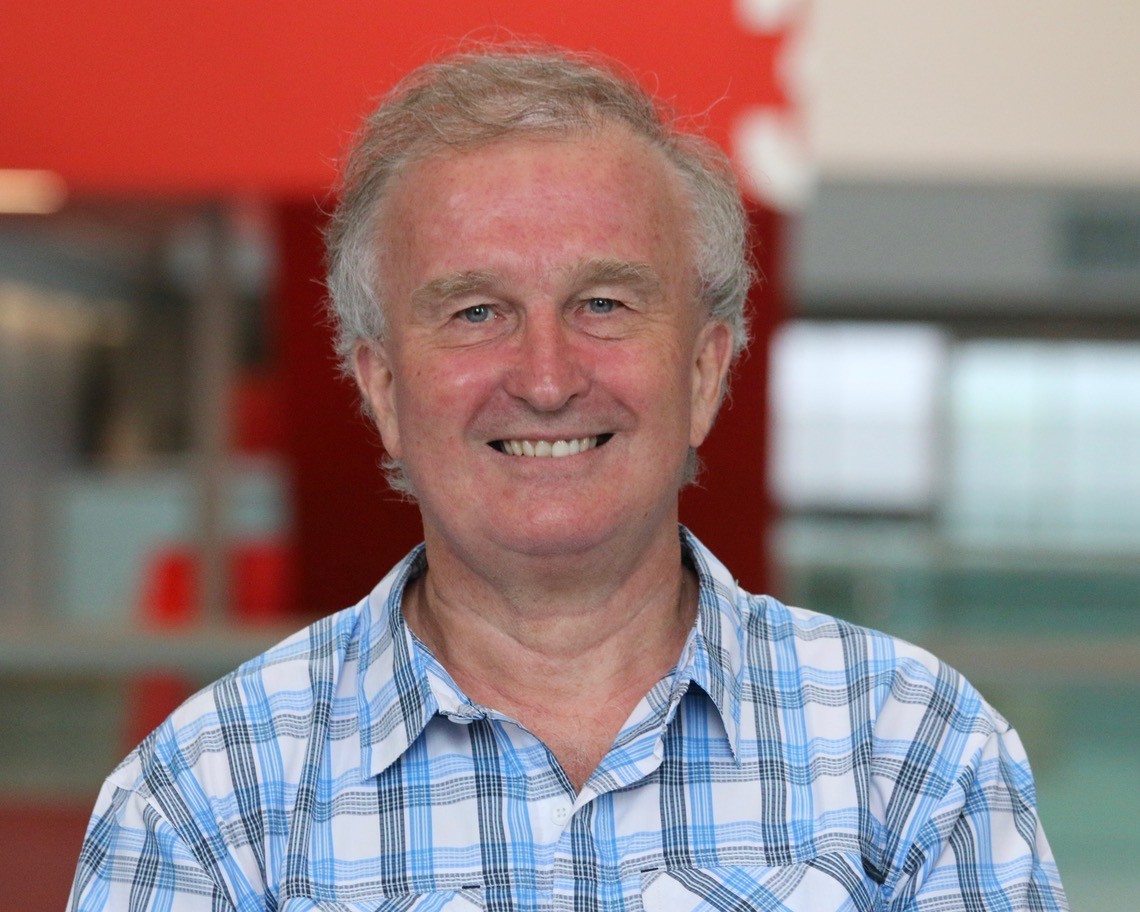
Canada has a big plastic waste problem, but a new training program launching this fall at Smith Engineering may play a big role in changing that.
It’s called Plastics Affordances Through Science and Technology Innovation for Circular Solutions (PLASTICS), and it aims to give 78 postdocs, graduate students, and undergraduates from across Canada the technical and professional skills needed to help create a circular economy for plastic waste.
Drawing on the work of the multi-university, Queen’s-based Open Plastic research group, PLASTICS is funded by an NSERC Collaborative Research and Training Experience program grant of $1.65 million over the next six years, as well as $2.1 million of cash and in-kind support.
Plastic waste is a major issue around the world. In Canada, about 3 million tonnes of plastic is thrown away every year. Only 9 per cent of it gets recycled, while the rest ends up in landfills, waste-to-energy facilities, and the environment. Globally, waste plastic kills at least 100,000 marine mammals every year.
This doesn’t mean plastics should be abandoned, however, says James McLellan, PLASTICS’ principal investigator and a Professor in the Department of Chemical Engineering.
“Plastics have a lot of benefits,” he says. “They’re lightweight, they have a good strength-to-weight ratio, they can stop oxygen from spoiling food. But we have to figure out how to take advantage of these benefits while reducing their impact all the way through their life.”
Doing that is one of the overarching goals of PLASTICS, he adds. And it follows the lead of Open Plastic, which is all about identifying and engineering micro-organisms and enzymes that can break down plastics into recyclable components or into valuable fine chemicals.
PLASTICS trainees will learn the technical skills for developing similar bio-based methods in specialized workshops and modules, as well as through short- and longer-term internships at plastics companies.
Another important part of the program will focus on practical business and societal applications of these proposed solutions, says McLellan.
“Learning those technical skills of how to use these bio-based solutions to create this circularity with plastics is really important,” he says. “But so is thinking about out how to turn these solutions into viable businesses or real-world innovations that people will actually use.”
Faculty from across Queen’s will be involved in both aspects of the program, including Laurence Yang (Chemical Engineering), Cao Dinh (Chemical Engineering), Carlos Escobedo (Chemical Engineering), Qian Zhang (Mining Engineering), David Zechel (Chemistry) and George diCenzo (Biology), Graeme Howe (Chemistry) and Jake Brower (Business).
Faculty at other Canadian universities are taking part too, including from Université Laval, McGill University, University of Toronto, and Simon Fraser University, along with international collaborations including the University of Illinois Urbana-Champaign and University of Aarhus, Denmark.
The Dunin-Deshpande Queen’s Innovation Centre will play an important role in helping create modules for the Science to Impact track, and PLASTICS will build on and link to research on science translation from the SFU Beedie School of Business and the Invention to Innovation national program of which Queen’s is a regional delivery partner.
“We’re really trying to make this as national and collaborative as we can,” says McLellan. “And this fits in with the open science approach we’re also taking with Open Plastic.”
That open approach will also be evident in PLASTICS’ training modules. The idea is to create modules that will outlast the six years of the program’s funding and be available to others not directly associated with PLASTICS.
In other words, McLellan says this is all about building a training program that is anchored at Queen’s but that will have a much wider influence.
“I’m very excited,” he says. “And my biggest hope is that this is going to lead to graduates who have a strong foundation in specific technologies that can make a practical difference, combined with a strong understanding of business and societal context to support the effective translation of these technologies to positive social impact. Plastics have major benefits, but we need to keep seriously work on reducing their environmental impact.”